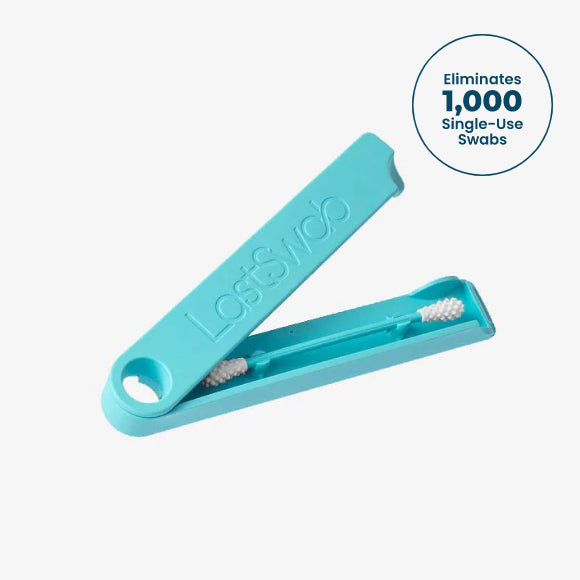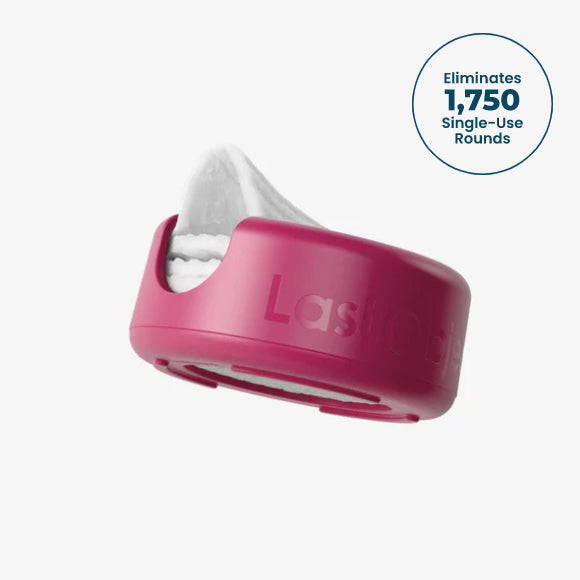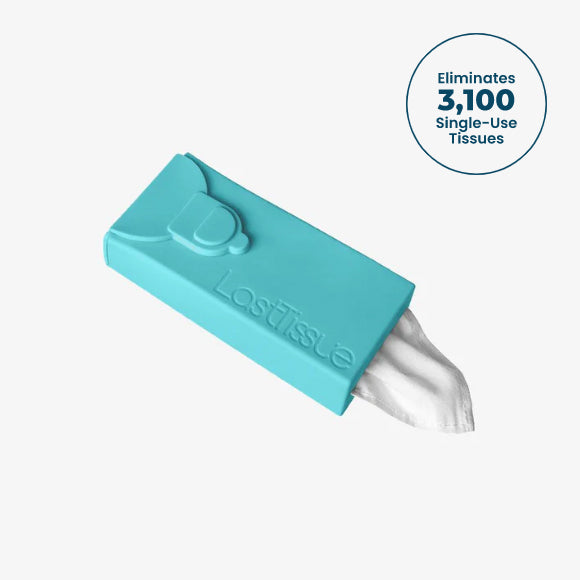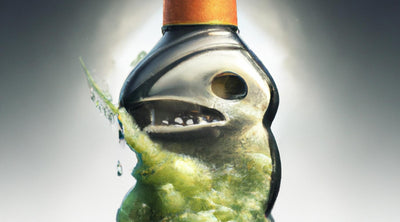Greenwashing: Empty Sustainability Claims
April 29, 2020How often do we hear a company make a claim and simply take their word for it?
How many of us take the time to look under the hood and see if a company is actually living up to those claims? This can be from a variety of statements. Things like “all natural ingredients”, “sustainably or ethically sourced”, or how about simply “sustainably made.”
Companies can say what they want

The issue is, very few countries are regulating what a company can and cannot say without proof. And even if they did, businesses are so globalized these days that it would be nearly impossible to enforce.
We are then left with doing the research ourselves because even if a business says it takes sustainability seriously, this doesn’t mean they actually do, or have to for that matter.
This could be things related to:
- Sourcing of materials
- Ingredients
- Working conditions
- Environmental conditions
- Energy use
- Water use
- Solid waste
- Other pollution
- Etc.
Really anything that we, the consumer, have voiced our opinion about, businesses usually have some sort of response to this to reassure their customers. Whether those responses are true or false, are up to us to decide.
The nature of the business

Sometimes what the company is in business for is the very indicator of the potential that company has to be sustainable and ethical.
If a company’s mission is to replace a wasteful and single use version of something with a reusable and zero waste one, that company has more potential to be very eco friendly, apart from just the nature of it.
Whereas a fossil fuel or strip mining company has a different limit to how sustainable and eco friendly it can be, simply because of the nature of its mission.
If a business is a bit more neutral, it’s up to us to fully research the ethics and sustainability behind it. Take the fashion industry for example, it is all over the map. There are companies that are doing so little to protect their workers and the planet, while other companies are maybe even doing more good than bad. Many are also in the middle.
What we can do

Luckily, consumers have the power to fund or not fund companies depending on how they do business. All that’s required of us is to simply take the extra steps to do the research on businesses.
The first step is to look towards the company and see what information they give about sourcing, country origin, materials, worker treatment, sustainability, etc.
It takes a special kind of terrible for a business to lie on a page like this so the more information and details (typically) means the more they care about transparency.
Or they are just trying to bog you down with useless information so you stop reading...lol.
Depending on where you are in your sustainability journey, this may require you to learn what has an impact on sustainability and ethics, and what is maybe more for show.

Let’s say a company is touting their sustainability but when we look into it all they are doing is making their soda bottles from 5% recycled plastic...yawn.
Of course, every little thing should be celebrated, but in this case a company is leveraging a minuscule action in order to sell more products.
Researching companies may sound exhausting, but it is refreshing to know that we really only need to research the companies we give our money to.
Pro tip: the less unnecessary stuff we have, the less research we need to do.
And if you’re totally overwhelmed, not to worry...
Organizations or resources that can help

Organizations are beginning to pick up steam in helping consumers be more informed about brands. This can take the form of certifications or even just ranking businesses based on their ethics and sustainability.
For food this can take the form of USDA Organic if in the USA or it could be a Non GMO certified product as well. Then there are also memberships that businesses can be a part of such as 1% for the planet for example.
Businesses can also undergo certifications and become a certified B-corporation. This sets certain standards on different aspects of businesses related to supply chain, ethics, and of course environmental sustainability.
A more recent certification rolling out is also the Climate Neutral Certification. This is a combination of reducing a company's footprint and offsetting it in order to make a company Climate Neutral.
Just because a business doesn’t have these certifications doesn’t mean it isn’t taking sustainability and ethics seriously. However, these tools are a great resource to rely on because of the standards that they set.
Other organizations are doing the research for us and digging in on certain companies. So far, the biggest industry that has this is the fashion industry. It’s no surprise, since the fashion industry is all over the map with this stuff.
A great resource for this is Good On You.
All businesses provide a solution to a problem, but not all are minimizing the impacts of that solution

The realities of the environmental impacts that industry and commerce have can be very dreary. But it is relieving to know at the end of the day, we hold the power to keep certain businesses afloat, and others not.
We hold the power to align our everyday actions and purchases with our values. No matter the dreariness of the world, we will always have the ability to shine our lights according to us. According to what we value and believe.
MORE Sustainability 101 ARTICLES View all ›
Ready to make
the switch?
- Powerful Cleaning
- Dissolves Easily
- Skin-Friendly
- Eco-Friendly
- No Mess














